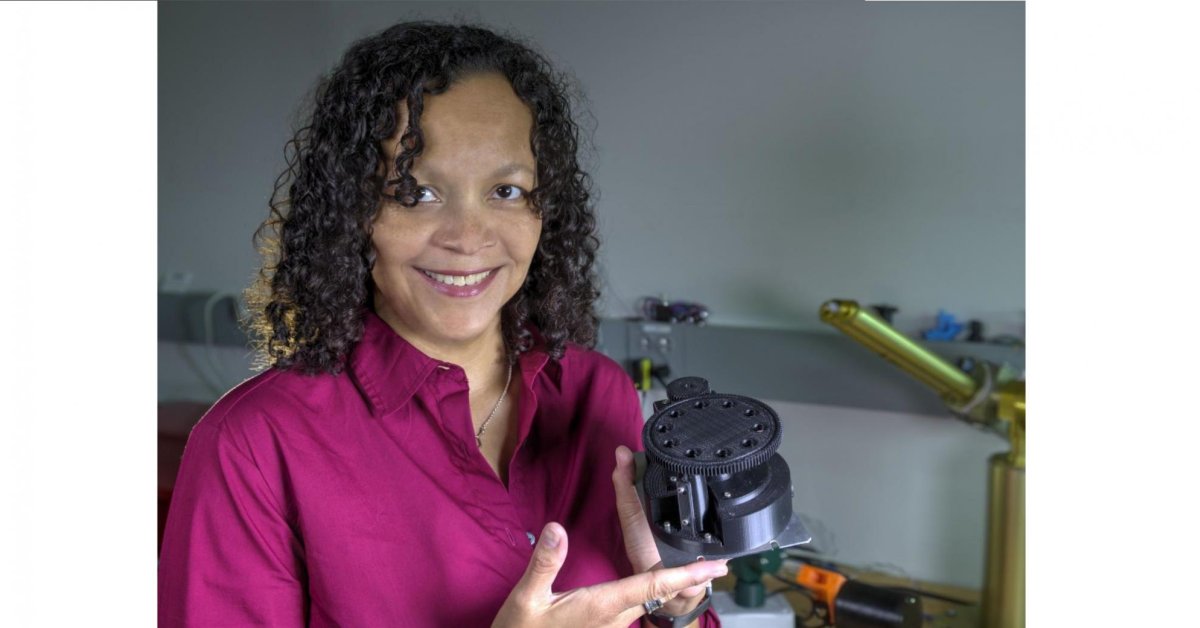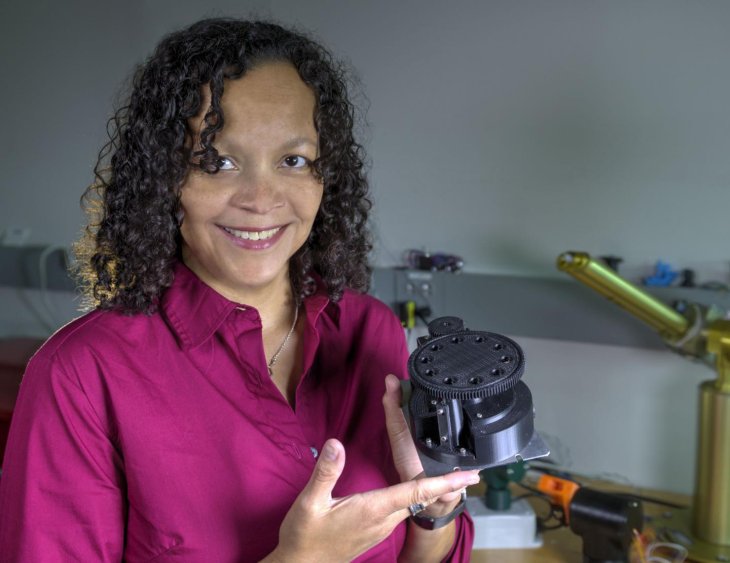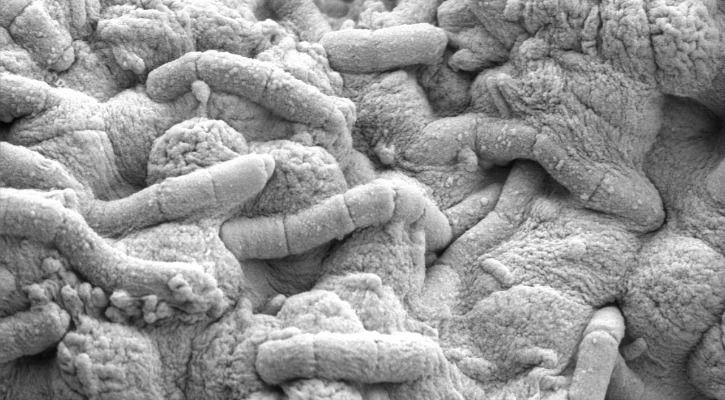This NASA Scientist's Microscope Will Search For Life In Mars And Other Planets
Dhir Acharya - Dec 26, 2018

Melissa Floyd is developing a technology that allows robots to look for microbes on other planets.
- Believe It Or Not, Dirt From Mars Can Be Bought With Only $20 A Kilogram
- Elon Musk Doesn't Buy Luxury Vacation Homes, Here's How He Spends His Money
- The First Helicopter To Fly On Mars Is As Small As A Tennis Ball
It is likely that if we find life forms on an alien planet, they will not be breathing, walking creatures. Scientists, instead, expect to discover terrestrial life in the form of microbes or at least something at the same size. With this mind, it’s critical that the rovers we send to other planets can search for these life forms.
Considering that idea, a scientist at NASA wants to develop a technology that helps landers look at micro life forms just like how scientists do on Earth. At the Goddard Space Flight Center of NASA, based in Maryland, scientist Melissa Floyd has generated such technology.

Melissa Floyd
Until now, the rovers that NASA has designed its rovers to be capable of searching for bio-signatures, but not for life forms. And even though Floyd is still in the development phase of her technology, there’s a lot of hope to look for terrestrial life in the near future.
Floyd says that there’s life everywhere on our home planet, life exists even in places where humans cannot. She talked about her idea, starting with the question: what if Mars has life forms just similar to those on Earth? After all, Mars and Earth were bombarded with the same chemical combination.
The technology that Floyd is developing involves robotic instruments which are able to analyze soil sample to look for archaea and bacteria, they are microorganisms made of a single cell which are the first creatures to live on Earth.

On Earth, there are a million bacteria in a milliliter of water and 40 million in one gram of soil. Considering that, if lives on Mars has developed like on Earth, under the same conditions, we can discover bacteria in soil samples using a microscope.
FISH is the technology Floyd’s working on, which she envisions to be hardware on a rover or it can even be a robot. She said FISH will be able to discover even fragments of conserved sequences of genes if there’s any.
However, the challenge for Floyd here is automating the task. Because communicating to Mars rovers takes too long, scientists cannot directly control the robot from Earth. Successful automation means if the robot finds something, it will automatically sort and send its findings to NASA.
Featured Stories

Features - Jan 29, 2026
Permanently Deleting Your Instagram Account: A Complete Step-by-Step Tutorial

Features - Jul 01, 2025
What Are The Fastest Passenger Vehicles Ever Created?

Features - Jun 25, 2025
Japan Hydrogen Breakthrough: Scientists Crack the Clean Energy Code with...

ICT News - Jun 25, 2025
AI Intimidation Tactics: CEOs Turn Flawed Technology Into Employee Fear Machine

Review - Jun 25, 2025
Windows 11 Problems: Is Microsoft's "Best" OS Actually Getting Worse?

Features - Jun 22, 2025
Telegram Founder Pavel Durov Plans to Split $14 Billion Fortune Among 106 Children

ICT News - Jun 22, 2025
Neuralink Telepathy Chip Enables Quadriplegic Rob Greiner to Control Games with...

Features - Jun 21, 2025
This Over $100 Bottle Has Nothing But Fresh Air Inside

Features - Jun 18, 2025
Best Mobile VPN Apps for Gaming 2025: Complete Guide

Features - Jun 18, 2025
A Math Formula Tells Us How Long Everything Will Live
Read more

ICT News- Feb 18, 2026
Google's Project Toscana: Elevating Pixel Face Unlock to Rival Apple's Face ID
As the smartphone landscape evolves, Google's push toward superior face unlock technology underscores its ambition to close the gap with Apple in user security and convenience.

Mobile- Feb 16, 2026
Xiaomi Launches Affordable Tracker to Compete with Apple's AirTag
For users tired of ecosystem lock-in or high prices, the Xiaomi Tag represents a compelling, no-frills option that delivers core functionality at a fraction of the cost.

Mobile- Feb 17, 2026
Anticipating the Samsung Galaxy S26 and S26+: Key Rumors and Specs
The Samsung Galaxy S26 series is on the horizon, sparking excitement among tech enthusiasts.
Comments
Sort by Newest | Popular